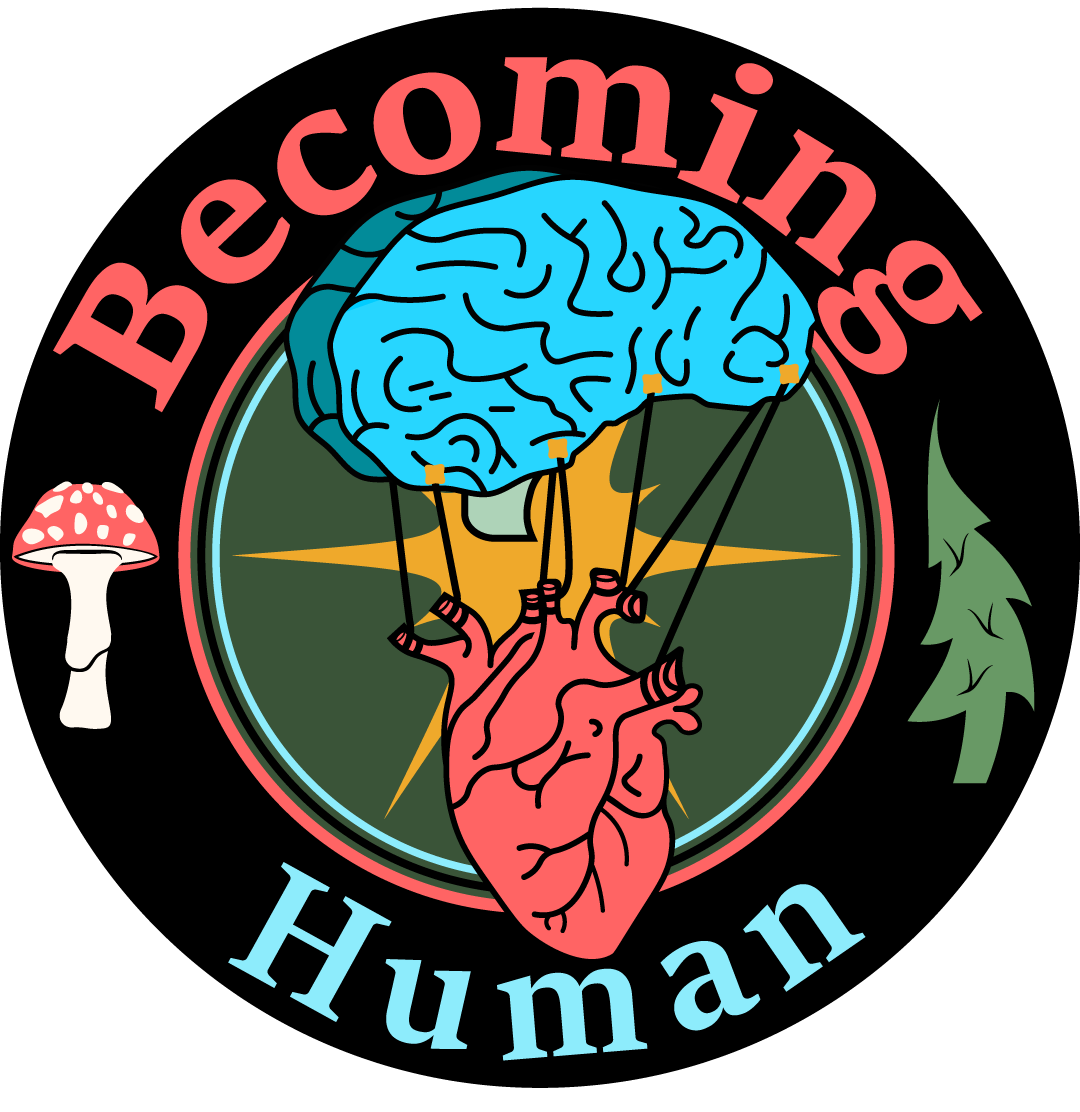#173 | Katie Hanke - Finding A Path To Wellness
Katie Hanke used to weigh 380 pounds, had 26 medical diagnoses, took 50 prescriptions, had chronic depression/anxiety, and struggled with addictive eating, opioid, and alcohol use. Katie has a 1300 page medical file 20 years in the making. She has persevered and overcome her illnesses through self-exploration, self-experimentation, consistency, and discipline.
Katie’s crux in rewinding her degeneration lies in her chosen habits and coping mechanisms. She had found using food/drugs/entertainment as coping mechanisms was driving her further and further down the path of degeneration and addiction.
In Katie’s youth, she lived in a small town and was an avid soccer player. She was given the scholarship to compete in college-level soccer. Immersed in the potential of college life, she had plunged into the depths of the party lifestyle. Her commitment to soccer had waned but her attachment to entertainment and drug use expanded.
Katie was inspired to change when she hit her form of rock bottom: having to serve jail time for a car accident. After years of trial and error, Katie rose from her deluge of illness and found her path to wellness. While the jail time lit the fuse, she had her largest obstacle to climb as of yet; Katie had to find her own way. Katie is now a health & wellness coach, a personal trainer, and she coaches youth sports. Talk about a person coming full circle!
We’re constantly seeking “the way” but often we’re confronted with the need to find our own way. A helpful comparison is a posture. Most people believe that sitting-up straight is “good posture.” People likely believe this because most people suffer from consequences from slouching all day. They’ll even label slouching as bad. The truth is that this posture is bad because it’s the only shape a person holds while sitting all day which causes deficiencies in posture. So what’s a good posture for you? Whatever is different from what you’re doing. Everyone does something in particular that is problematic. What’s a problem for one person is not always a problem for the other person.
Beyond all perspectives and opinions what is essential is that no matter what you do, doing something causes something. If you pay attention, you will perceive what happens.












